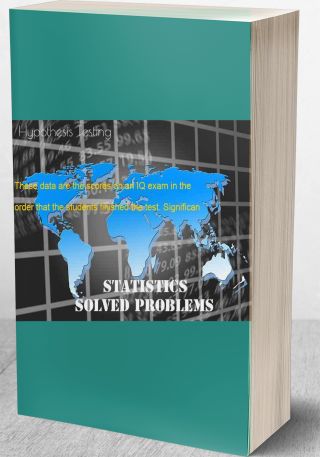Solution) Suppose you are interested in whether MBAs work more hours per week than people with other graduate
Question: Suppose you are interested in whether MBAs work more hours per week than people with other graduate degrees. You have an independent random sample of people in the US with graduate degrees that has information on the hours worked per week in 2000 (Hours), whether they have an MBA (MBA=1 if they do, 0 if not), a gender indicator (Gender =1 if female, 0 if not), and an indicator for whether they have a Prestigious MBA or not (Pres MBA=1 if they do, 0 if not). Further suppose you started with the following regression:
\[Hour{{s}_{i}}=a+b\,Gende{{r}_{i}}+c\,MB{{A}_{i}}+f\,(Gende{{r}_{i}}*MB{{A}_{i}})+{{\varepsilon }_{i}}\]Your OLS estimates are:
Parameter Point Est. Std. Error
a 36 3.5
b -1.1 .4
c 8.0 2.1
f 2.7 1.2
(a) Does this regression provide evidence that the average hours worked by women is less than the average hours worked for men? Explain.
(b) Suppose that you wanted to add additional terms to this regression equation (Without removing terms) using your variables described above to test whether the average hour worked per week among women with a prestigious MBA is the same as the average hours per week worked by men with a prestigious MBA. Exactly what regression would you run and what hypothesis would you want to test? Write down regression equation(s), label coefficients, and write out the hypothesis you want to test in terms of your model’s parameters.
Deliverables: Word Document




![[Solved] A government economist obtained the following data from a simple random sample of ten pri #883 Other Statistics](/images/downloads-images/featured/Statistics-question-2018.jpg)
![[Solved] A normal-shaped distribution has mean of µ = 80 and s =15. b. What are the x-score values that form #17904 Hypothesis Testing - T test](/images/downloads-images/featured/Statistics-question-11034.jpg)

